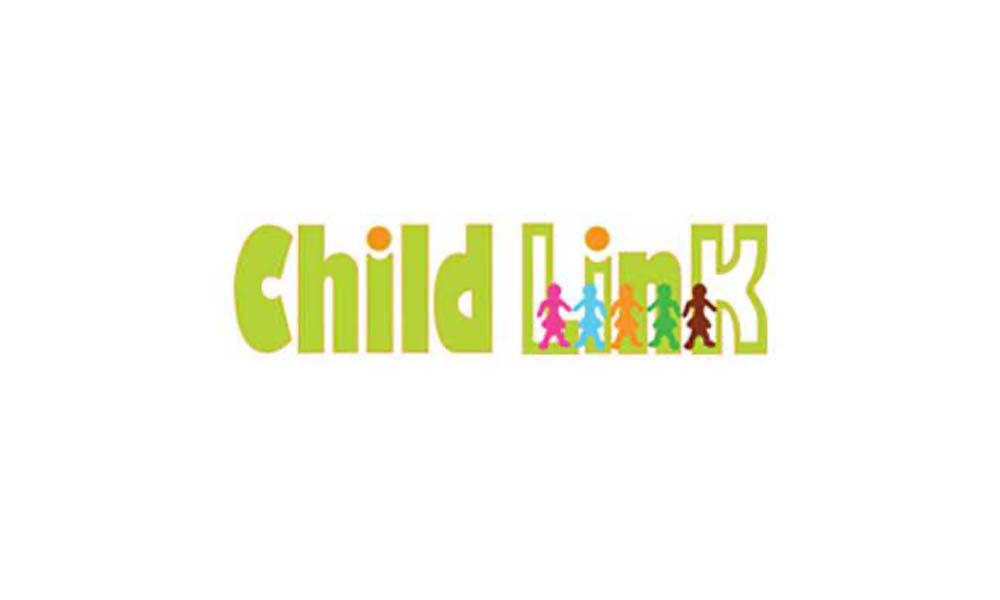Ashome Clarke, Project Officer at ChildLink, emphasizes that the use of corporal punishment as a form of discipline is a significant factor contributing to child abuse.
Studies conducted by the organization reveal that this traditional practice often silences children and deters them from reporting cases of abuse, whether mental or sexual.
Moreover, the research demonstrates that corporal punishment can lead to harmful psychological and physiological reactions in children. It may activate neural pathways associated with coping in dangerous situations, potentially making them more likely to tolerate future abuse.
Clarke underscores that adhering to this cultural practice poses a serious threat to a child’s rights. She urges parents and guardians to abandon this harmful act in favor of healthier disciplinary methods.
Creating a safe environment for children to report abuse is crucial, serving as the initial step in combating this issue. Clarke emphasizes that everyone in the community has a role to play in safeguarding children.
ChildLink offers trauma counseling services for victims of child abuse, as well as parental skills education training and counseling. Additionally, numerous child advocacy centers have been established across the country to provide support and services to abused children.

